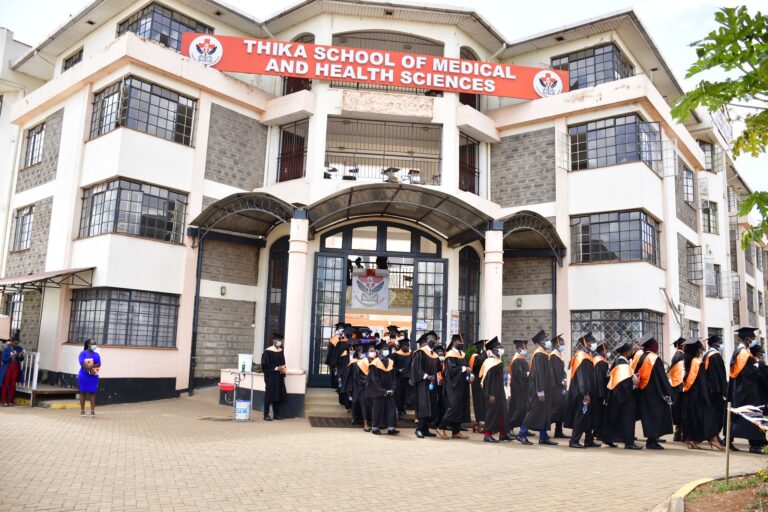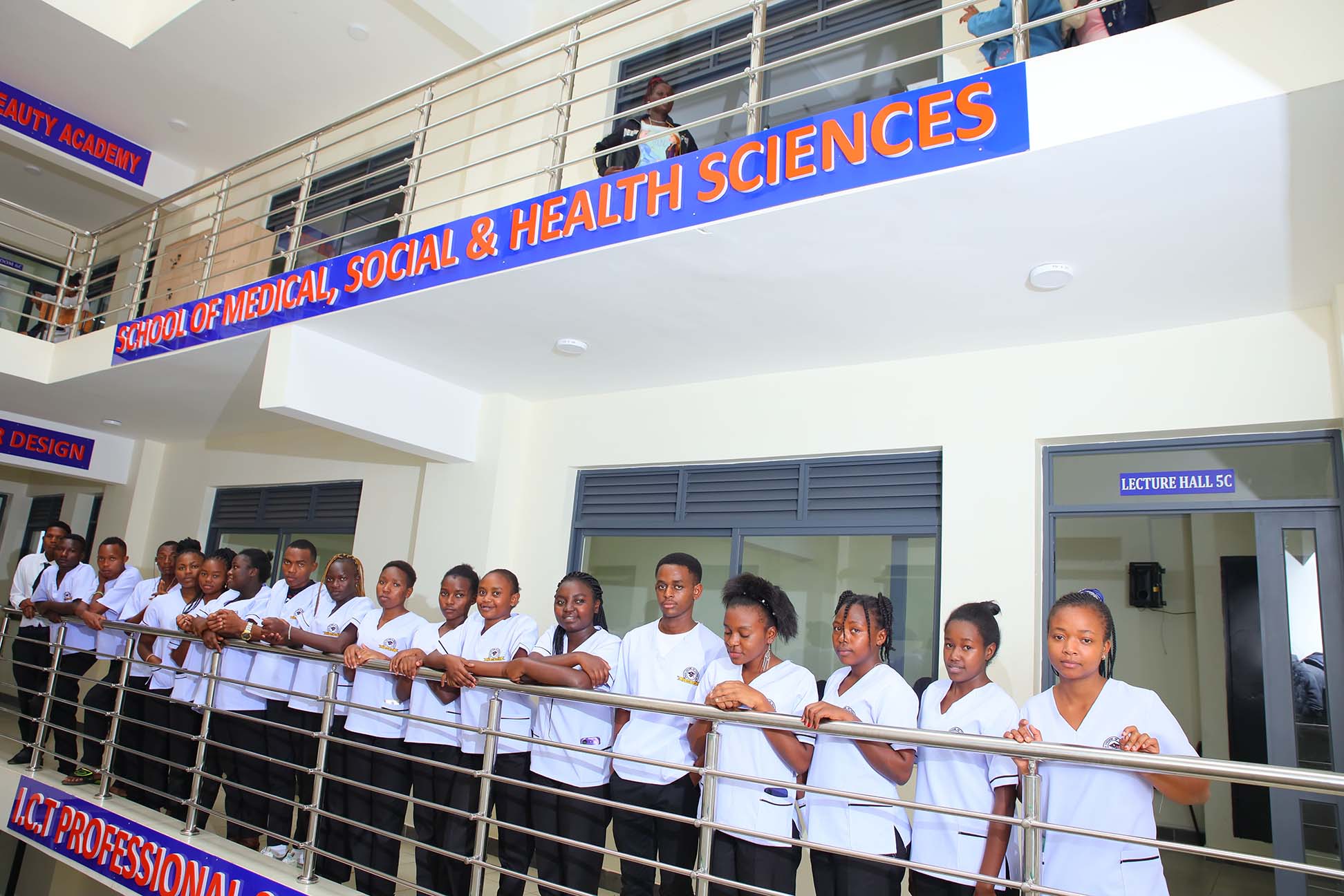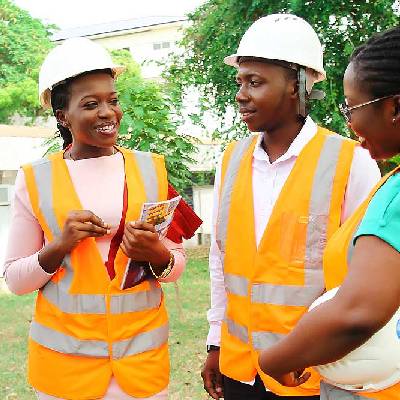
A medical laboratory scientist (MLS), also traditionally referred to as a clinical laboratory scientist (CLS), or medical technologist (MT), is a healthcare professional who performs chemical, hematological, immunologic, histopathological, cytopathological, microscopic, and bacteriological diagnostic analyses on body fluids such as blood, urine, sputum, stool, cerebrospinal fluid (CSF), peritoneal fluid, pericardial fluid, and synovial fluid, as well as other specimens. Medical laboratory technologists work in clinical laboratories at hospitals, reference labs, biotechnology labs and non-clinical industrial labs.
A medical laboratory technician collects, processes, analyzes specimens, perform laboratory procedures and maintain laboratory instruments.
This course will prepare students for careers such as:
- Lab Technician
- Clinical Laboratory Scientist
- Research Associate
- Environmental Scientist
Entry Requirements
The minimum entry requirements for the certificate in medical laboratory technology course are:
- KCSE Mean Grade C (Plain) or;
- Pass in relevant Certificate Course or;
- Equivalent qualification approved by KNEC.
Objectives of Medical Laboratory Technology
This medical laboratory technology course trains students in all areas of clinical laboratory procedures and the operation and maintenance of laboratory equipment.
The graduates of this medical laboratory diploma programme will be adequately prepared to perform the following roles and functions:
- Carry out laboratory tests
- Analyze, interpret and report laboratory results
- Manage laboratory resources
- Initiate and participate in the improvement of diagnostic procedures
- Create awareness and appreciation of laboratory services to the general public.
- Plan and set up a laboratory
- Participate in the training of laboratory personnel
- Supervise other laboratory personnel
- Carry out quality control and quality assurance.
- Participate in continuing medical education.
- Conduct operational research.
Related articles
-

A Guide to Civil Engineering Degree and Diploma Programs in Kenya
08-Nov-2025 -

Electrical Engineering in Kenya: A 2025 Guide for KCSE Graduates
08-Nov-2025 -

Mechanical Engineering in Kenya: A 2025 Guide for KCSE Graduates
08-Nov-2025 -

Engineering Courses in Kenya: A Guide for 2025 KCSE Graduates
08-Nov-2025 -

Education Pathways in Kenya — From Basic Education to Tertiary | College Guide
06-Nov-2025 -

The Bird and the Mirror: A Reflection on Identity, Perception, and Illusion
07-Feb-2025
Colleges offering Medical Laboratory Technology

Thika Town
Thika School of Medical and Health Sciences

Thika Town
Jodan College of Technology

Cherangany
Equip Africa College

Machakos Town
Machakos Institute of Technology

Nakuru Town East
Rift Valley Institute of Science and Technology

Thika Town
Mt Kenya University

Kisumu Central
